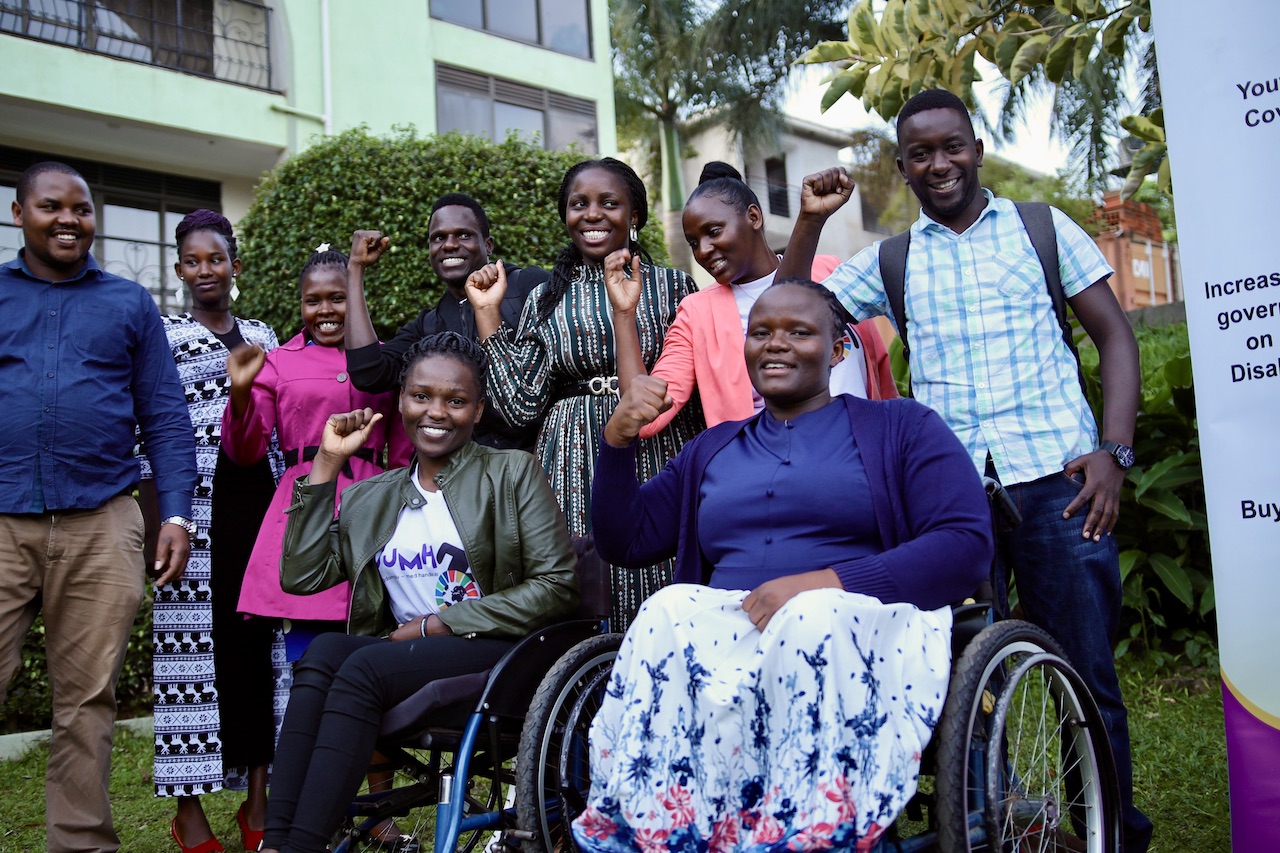In association with Disability Rights Fund and Disability Rights Advocacy Fund, Mexican Ministry of Foreign Affairs, Australian Department of Foreign Affairs and Trade, UK Foreign, Commonwealth and Development Office and the Ford Foundation
The Wilton Park retreat ‘Disability Rights: Advancing the Agenda’ was a multi-stakeholder dialogue that gathered approximately 60 participants representing Governments, civil society – in particular organizations of persons with disabilities, or OPDs –, the United Nations System (UNS) and private donors.
The event was organized in the lead up to the 20th anniversary of the 2006 adoption of the Convention on the Rights of Persons with Disabilities (CRPD), as well as the five-year review of the United Nations Disability Inclusion Strategy (UNDIS), in 2024. It was also timed to precede the 2025 Global Disability Summit.
Since the adoption of the CRPD, the UNS has taken great strides towards the inclusion of a disability perspective in its work in multiple areas, ranging from awareness raising, to more accessible and inclusive work environments. On the other hand, the UNDIS was launched in 2019 by the United Nations Secretary General (UNSG), with the aim of fostering sustainable and transformative progress on disability inclusion through all pillars of the work of the United Nations: peace and security, human rights and development.
Aside from the CRPD and UNDIS, the UN has various other mechanisms to promote disability rights.[1]
These have undoubtedly fostered change, but challenges and implementation gaps still remain. The retreat provided an overview of progress made; explored persisting challenges; identified opportunities for action, including for the improvement of synergies and coordination within the UN System and for more tangible results on the ground; and put forward recommendations and concrete proposals to enhance efforts in support of the rights of persons with disabilities at the local, national and international levels.
The discussions also highlighted that the practical implementation by States and the UNS of inclusive, rights-based policies in the field, where it matters most, is essential to improve the daily lives of persons with disabilities. The importance of engaging in meaningful partnerships with OPDs was also underscored.
[1] For an indicative list of mechanisms, see the appendix to the Concept Note of the retreat.
